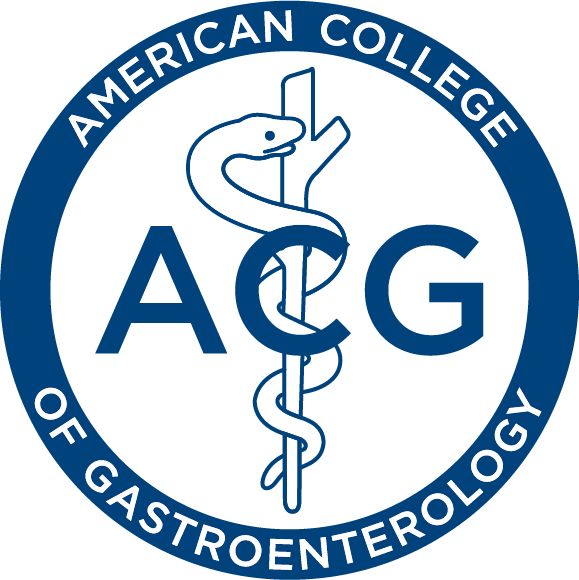San Diego, CA (October 14, 2013) – A marker in bile known as vascular endothelial growth factor (VEGF) plays an important role in the growth of cancerous tumors according to new research presented at the 78th Annual Scientific Meeting of the American College of Gastroenterology. Researchers from the Cleveland Clinic found that VEGF levels from bile aspirated from the pancreas can accurately distinguish pancreatic cancer from other causes of common problems in the bile duct. The results of this pilot study indicated that using this marker in bile can correctly identify pancreas cancer with high sensitivity, detecting pancreas cancer accurately in 93 percent of cases.
Tumors involving the pancreatic head or the common bile duct usually present with biliary obstruction or jaundice. However, biliary obstruction could also be due to benign processes such as bile duct stones. Determining malignant versus benign nature of a biliary stricture is a clinical challenge. Often the diagnosis of malignancy as the etiology of strictures is made based upon findings on cross-sectional imaging, endoscopic ultrasound with fine needle aspiration, and an advanced diagnostic technique known as endoscopic retrograde cholangiopancreatography (ERCP).
Unfortunately, in a subset of patients, the current diagnostic workup may not lead to a firm diagnosis. This is particularly the case in patients without an obvious mass lesion on imaging or endoscopic studies. These are known as indeterminate strictures in which endoscopists find a stricture alone.
In this study, investigators found that median bile VEGF levels were significantly elevated in patients with pancreatic cancer in this study of 53 patients undergoing ERCP, of whom 15 had pancreatic cancer, 18 had primary sclerosing cholangitis, 9 had cholanciocarcinoma (cancer of the bile duct), and 11 had benign conditions of the pancreas and bile duct.
“A VEGF cut of value of 0.5 ng/mL distinguished pancreatic cancer from cholangiocarcinoma and this measure is both 93 percent sensitive and 89 percent specific,” reported Udayakumar Navaneethan, M.D. of the Cleveland Clinic Foundation. Dr. Navaneethan and his colleagues confirmed the diagnostic accuracy of biliary VEGF in a second independent validation cohort and further confirmed the concordance of expression of VEGF in a resected pancreatic cancer with elevated VEGF in bile in a patient with pancreatic cancer.
He added, “In patients with indeterminate biliary strictures, we feel that measurements of markers in bile can help identify pancreatic malignancy and plan for earlier treatment. Also in patients where tissue diagnosis cannot be obtained in spite of multiple biopsies, measurement of markers in bile fluid to improve our diagnostic ability would be of immense interest,” explained Dr. Navaneethan.
According to Dr. Navaneethan: “Differentiating pancreatic cancer from other problems which also cause jaundice is important as treatment approach is very different. Since bile is produced in the liver and passes through the bile duct and mixes with pancreatic secretions, measurement of markers in bile could identify cancer earlier than measuring some markers in blood. We can measure VEGF in bile fluid which is an inexpensive test and confirm the presence of cancer rather than other expensive investigations.”
A biliary stricture is an abnormal narrowing of the common bile duct, the tube that moves bile (a substance that helps with digestion) from the liver to the small intestine. Cholangiocarcinomas (CCCs) are malignancies of the biliary duct system that may originate in the liver and extrahepatic bile ducts.
About the American College of GastroenterologyFounded in 1932, the American College of Gastroenterology (ACG) is an organization with an international membership of more than 12,000 individuals from 80 countries. The College's vision is to be the pre-eminent professional organization that champions the evolving needs of clinicians in the delivery of high quality, evidence-based, and compassionate health care to gastroenterology patients. The mission of the College is to advance world-class care for patients with gastrointestinal disorders through excellence, innovation and advocacy in the areas of scientific investigation, education, prevention and treatment. www.gi.org. View releases on research breaking at the ACG meeting and follow ACG on Twitter and share your live updates #acg2013.
Meeting Link: American College of Gastroenterology's (ACG) 78th Annual Scientific Meeting
MEDIA CONTACT
Register for reporter access to contact detailsCITATIONS
American College of Gastroenterology's (ACG) 78th Annual Scientific Meeting
